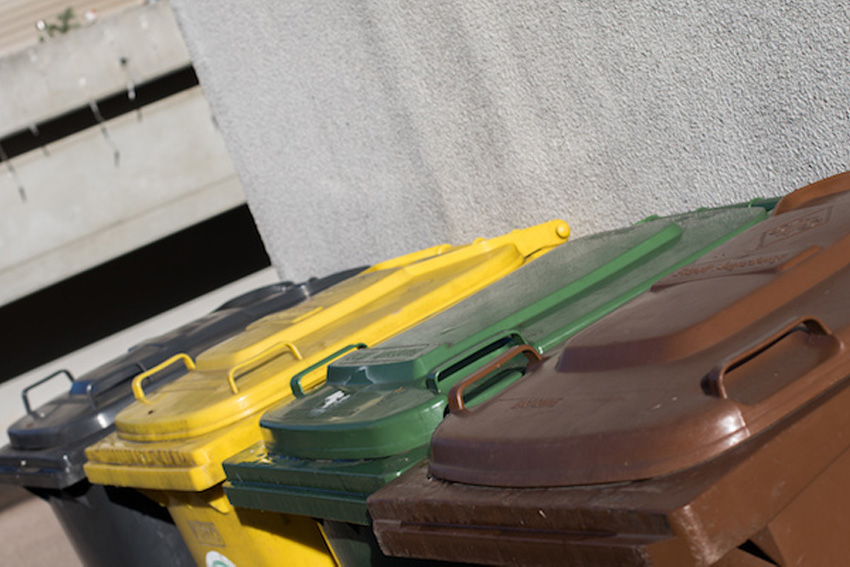Coloured bins could be confusing consumers who are trying to recycle their waste because bin colours vary so much across the country.
The waste experts at JunkHunters believe that recycling would be easier if all bin colours were the same across the UK – to avoid people getting confused about which bin to use for materials.
The issue is particularly difficult for those that have moved to a different place and are used to sorting their rubbish according to certain colours, as when they move they find it hard to adjust and organise their rubbish differently.
This results in the wrong waste going in the wrong place and then contaminated bags are rejected from sorting sites which costs councils a lot of unnecessary money.
For example – in Westminster, red bin bags are for light general waste and blue bags are for recycling such as paper, cardboard, glass, cans and pots.
In Essex, a green or grey bin is for general refuse waste and pet waste, a brown bin is for food waste, a blue bin is for recycling.
In Leeds, a black bin is for general waste, a green bin is for recycling and a brown bin is for garden waste.
Uniformity of Bin Colour
Harsha Rathnayake, founder of rubbish clearance service JunkHunters calls for uniformity of bin colours to stop confusion and contamination:
“People usually have the best intentions to recycle and dispose of their waste properly, but are often confused by colour coded bins as they differ so greatly from region to region.
“As a waste provider for the capital and cities all over the UK, I believe something should be done about this to make it easier for consumers and waste services such as my company to help the environment
“Colour coded bins are a good idea, but at present the lack of uniformity in colours across the UK means that people are getting confused.
“It should be easy to designate a colour to a bin for certain materials and have this consistent across the country. It would certainly alleviate the problem of cross-contamination in bins, which causes them to be rejected at sorting plants and costs councils’ unnecessary money.
“Also, clearly labelling bins and bags with images of suitable materials would help, as would transparent information on council websites.”



